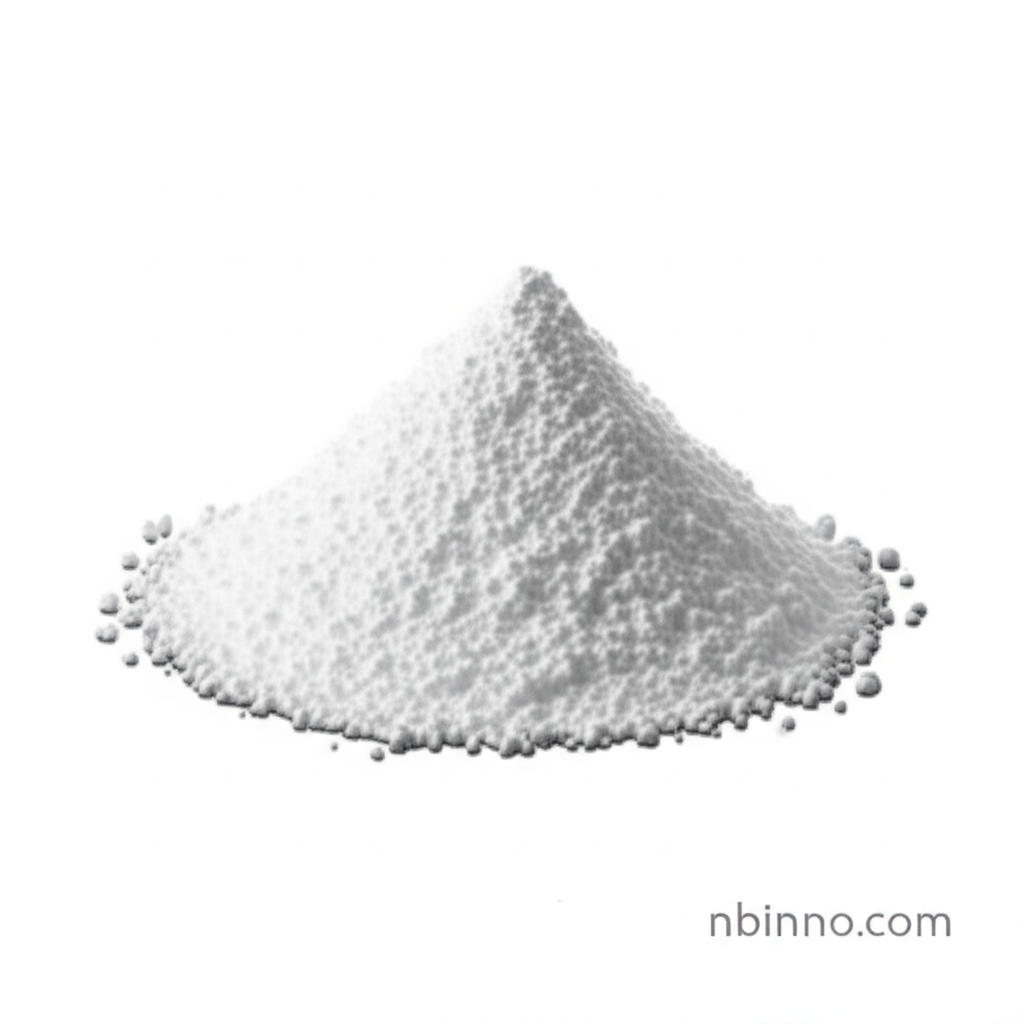Understanding Telithromycin: A Potent Antibiotic for Respiratory Infections
Exploring the efficacy, mechanism, and safety of Telithromycin for treating bacterial respiratory ailments.
Get a Quote & SampleProduct Core Value

Telithromycin Powder
Telithromycin is a critical pharmaceutical raw material, belonging to the ketolide class of antibiotics. It functions by inhibiting bacterial protein synthesis, making it a vital component in the fight against various bacterial infections, particularly those affecting the respiratory system. Its development represents a significant advancement in combating antibiotic-resistant strains.
- Investigate the telithromycin antibiotic mechanism of action to understand how it effectively targets and inhibits bacterial growth by binding to the 50S ribosomal subunit, a key step in treating bacterial infections.
- Discover how to buy telithromycin online pharmaceutical grade for reliable and high-quality sourcing in your pharmaceutical research and development needs.
- Learn about the critical telithromycin side effects and warnings, including potential hepatotoxicity and visual disturbances, to ensure safe patient management.
- Explore the telithromycin efficacy against resistant bacteria, highlighting its advantage over traditional macrolides in treating infections caused by challenging microbial strains.
Key Advantages
Potent Against Resistant Strains
Telithromycin demonstrates superior efficacy against many antibiotic-resistant bacteria, including strains resistant to penicillin and erythromycin, providing a crucial treatment option for difficult-to-manage infections.
Broad Spectrum Activity
This antibiotic exhibits a broad spectrum of activity against a range of Gram-positive bacteria and atypical pathogens, making it effective for treating common respiratory tract infections like pneumonia and bronchitis.
Inhibits Protein Synthesis
Understanding how does telithromycin work in the body reveals its core mechanism: it directly inhibits bacterial protein synthesis by binding to specific regions of the 50S ribosomal subunit, thereby halting bacterial replication.
Key Applications
Respiratory Tract Infections
Telithromycin is primarily indicated for treating common respiratory infections such as community-acquired pneumonia (CAP), acute bacterial sinusitis, and acute exacerbations of chronic bronchitis.
Antibiotic Resistance Management
Its unique binding characteristics make it a valuable tool in managing infections caused by bacteria that have developed resistance to older macrolide antibiotics.
Pharmaceutical Research
As a key API, Telithromycin Powder is essential for pharmaceutical companies engaged in the research and development of new antibacterial therapies and formulations.
Healthcare Products Manufacturing
Used in the production of finished pharmaceutical products, contributing to effective treatments available in healthcare settings worldwide.
